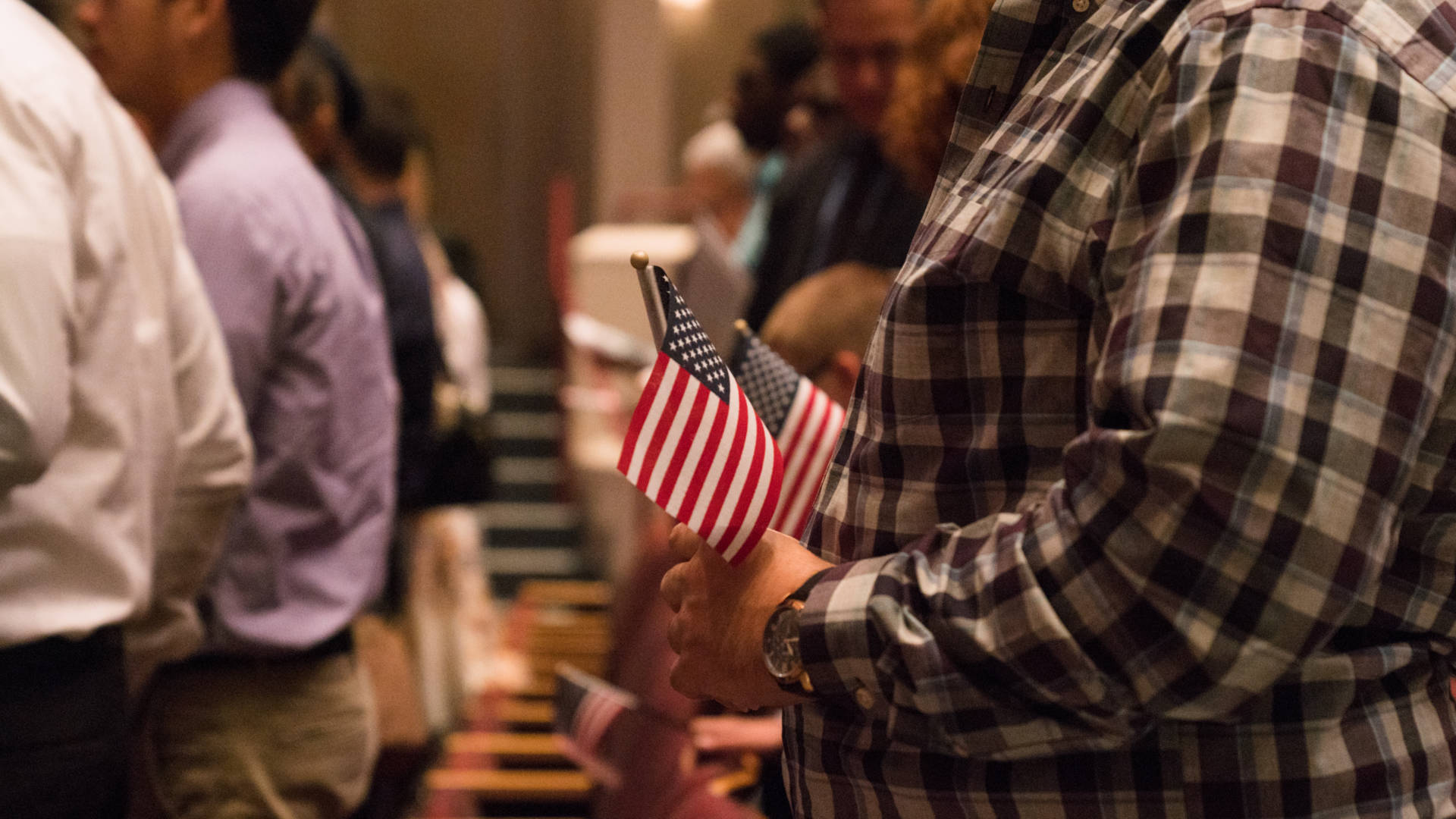Citing Census Bureau research, the groups suing the administration argue that asking about citizenship status will depress census participation among households with noncitizens, who are intended to be included in the count. That could lead to an undercount of immigrants and communities of color, which would have major implications on how political power and federal funding are shared over the next decade.
Pressure is mounting to resolve all of these disputes by June so that the printing of paper questionnaires for the census can proceed as scheduled.
Population counts from the census determine how many congressional seats and Electoral College votes each state receives. They also guide the distribution of an estimated $880 billion a year in federal tax dollars to states and local communities for Medicare, schools and other public services.
The Supreme Court's decision comes a month after U.S. District Judge Jesse Furman of New York ordered the administration to stop its plans to include the controversial question. Furman's decision was the first major trial court ruling out of seven lawsuits over the Trump administration's decision to include the citizenship question.
The administration maintains that the Justice Department wants responses to the question to better enforce part of the Voting Rights Act.
In his 277-page opinion, however, Furman concluded that was not the "real reason" Commerce Secretary Wilbur Ross, who oversees the Census Bureau, approved including the question. The judge found Ross' decision to be "arbitrary and capricious," in part because adding the question is less effective and more expensive than an alternative method the Census Bureau recommended to Ross: compiling existing government records on citizenship.
Furman also said that Ross made a "veritable smorgasbord of classic, clear-cut" violations of administrative law, including providing misleading statements about the citizenship question.
Ross has said that the Justice Department "initiated" the request for the question. But court filings show that after discussing the question with Steve Bannon, the former White House chief strategist, and former Kansas Secretary of State Kris Kobach, Ross pressured his staff at the Commerce Department to get a formal request for the question from the Justice Department.
In an unusual move, the Trump administration's attorneys appealed Furman's ruling to the 2nd U.S. Circuit Court of Appeals before asking the Supreme Court to bypass the 2nd Circuit.
Besides the two lead lawsuits in New York, district judges are hearing citizenship question cases in California, Maryland and Washington, D.C.
Internal documents released as part of the lawsuits reveal that the Trump administration had prepared to defend adding a citizenship question in the country's highest court.
"Since this issue will go to the Supreme Court we need to be diligent in preparing the administrative record," Commerce Department official Earl Comstock wrote in a 2017 email to Ross.
"We should be very careful, about everything, whether or not it is likely to end up in the SC," Ross replied.
Copyright 2019 NPR. To see more, visit https://www.npr.org.
9(MDAxOTAwOTE4MDEyMTkxMDAzNjczZDljZA004))

9(MDAxOTAwOTE4MDEyMTkxMDAzNjczZDljZA004))
